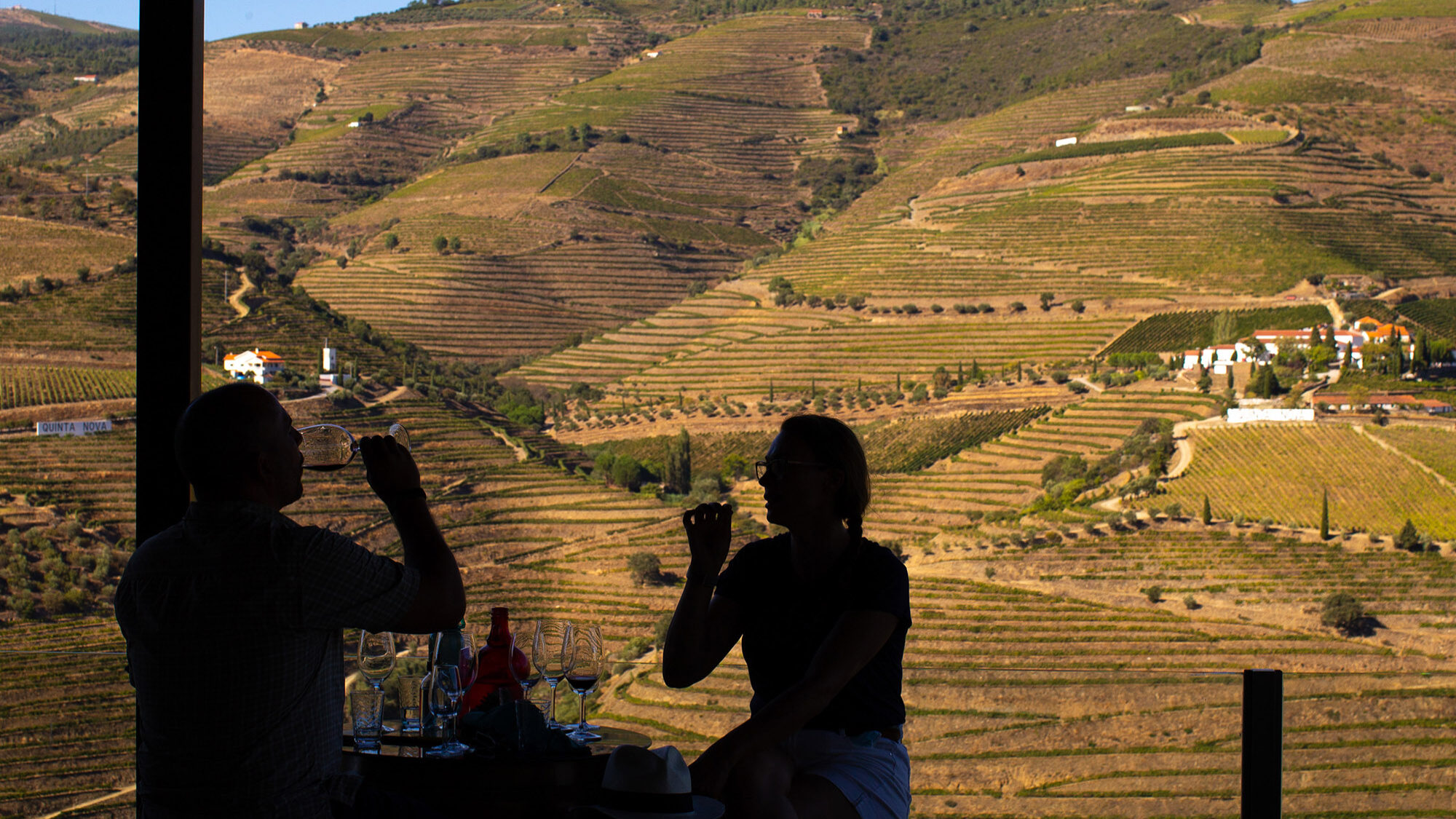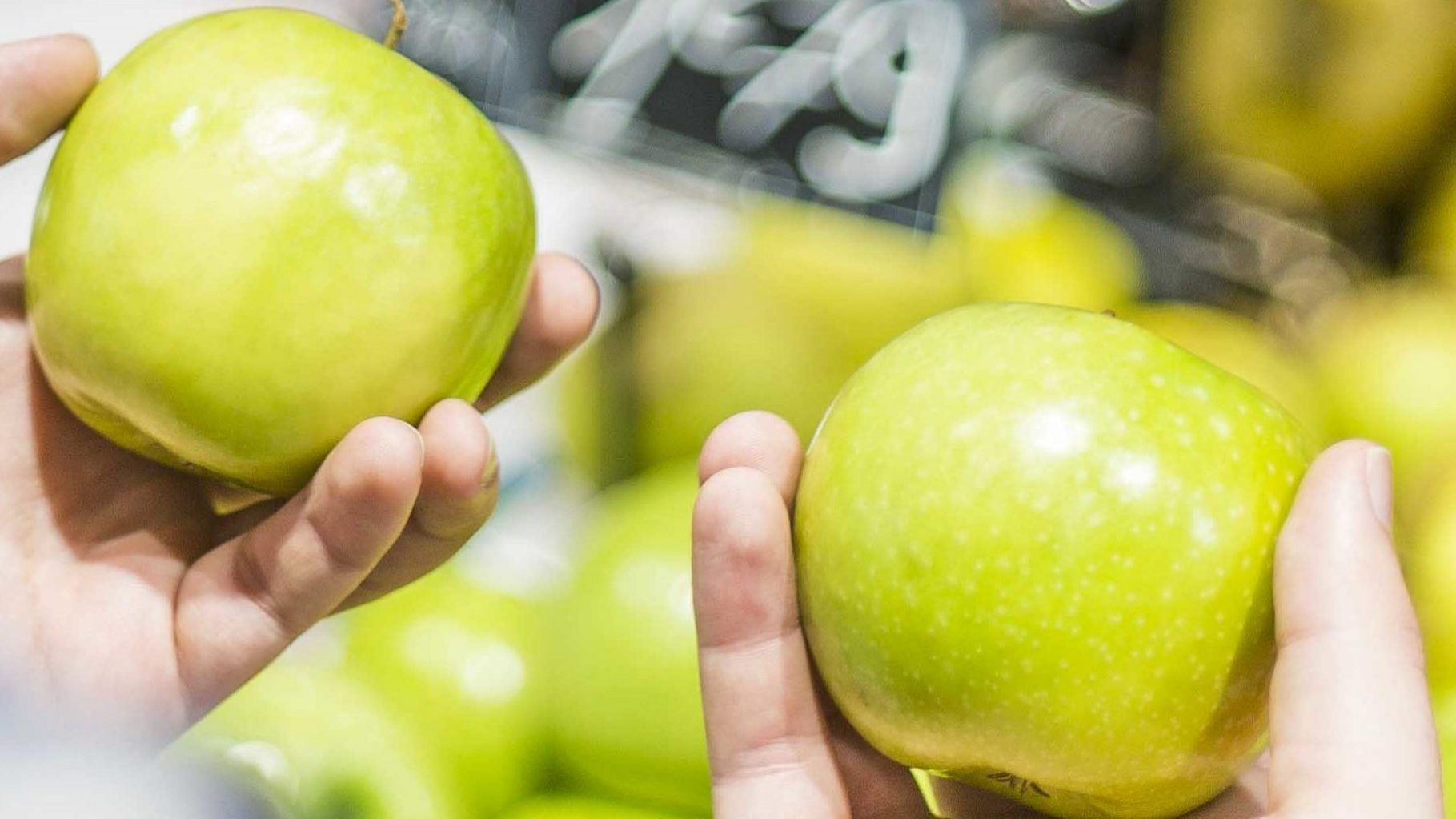Azores wine served to Russian tsars re-launched, €490 per bottle
The wines of the Azores, particularly the ones produced on Pico, have been gaining notoriety in the market, with the vineyard landscape of the "mountain island" being considered world heritage.
The Pico Island wine Czar, served to the tsars of Russia, has been re-launched, with just 863 bottles, at €490 each, with a worldwide waiting list.
Fortunato Garcia, from Adega Czar, which produces the wine from old grape varieties in the Criação Velha area on the island of Pico in the Azores, says the Single Harvest Reserve 2013 is aimed at the premium market.
In its second batch of 2013 – the first was for journalist and critic appreciation – it contains part of the first batch, added to a barrel that was aged for two more years, which “gave it more richness and complexity”.
“The cherry on top of the cake was to add a demijohn of the last Tsar of the 20th century (1999),” Fortunato Garcia told Lusa, explaining that in the total of 630 litres, five litres of 1999 were added.
The Single Harvest Reserve 2013 brings a new image of the Czar, explains Fortunato Garcia, based on thin glass, with gold embossing, and the bottle stopper, despite being cork, has a percentage in glass and basalt to “symbolise the place where the Pico vineyards are born and grow”.
The producer says that, as well as having a worldwide waiting list, he has resisted the temptation to sell several bottles to a single consumer, given the low number of copies and thus aiming to “reach the four corners of the world” through the diversification of sales.
He says there are buyers from several countries in Eastern and Northern Europe (Ukraine, Russia and Belarus), as well as from Angola, the United States, Canada, Brazil, in addition to the mainland and the Azores.
What makes Czar a special wine is, according to its producer, the fact that “it results from old vines that were planted in 1872, plants that are almost 150 years old”.
“Not all of them, because they are replanted, but the average vineyard is 60 to 80 years old”, he says, and its productivity is “extremely low, which creates a difference in terms of concentration of nutrients”.
The producer states that “the harvest is always done quite late, and most of the grapes are authentic sultanas”, pointing out that “nothing is added” to the final product, and there is a natural balance of acidity, sugar and alcohol.
Fortunato Garcia refers that this “was never seen as a business, but always with the expectation of one day getting there, reaching the ‘premium’ wine markets, in which there are very few wines in the world”.
The wine, after 2013, will also appear in 2014, but “there will be no Czar in 2016, 2017, 2018, and 2019 is still on ‘stand by'”, noting that “there was also no Czar in 2010 and 2012”.
Czar, considered the first wine known in the world to naturally reach 18% or more in alcohol, without the addition of alcohol, sugar or yeast, is generated from the indigenous grape varieties of Pico.
It has been produced since the 1960s and bottled since the 1970s, under the Czar brand, in reference to the fact that, after the Russian revolution in 1917, liqueur wines from Pico were found in the cellars of the palace of Nicolau II.
Portugal’s president, Marcelo Rebelo de Sousa, has already received a bottle of Czar liqueur wine, from a batch of 75, “unique in the world” that reached “a graduation of 20.1% of alcohol in a natural way without the addition of a drop of brandy”.
The wines of the Azores, particularly the whites produced on the island of Pico, have been gaining notoriety in the market, with the vineyard landscape of the “mountain island” being considered world heritage.


